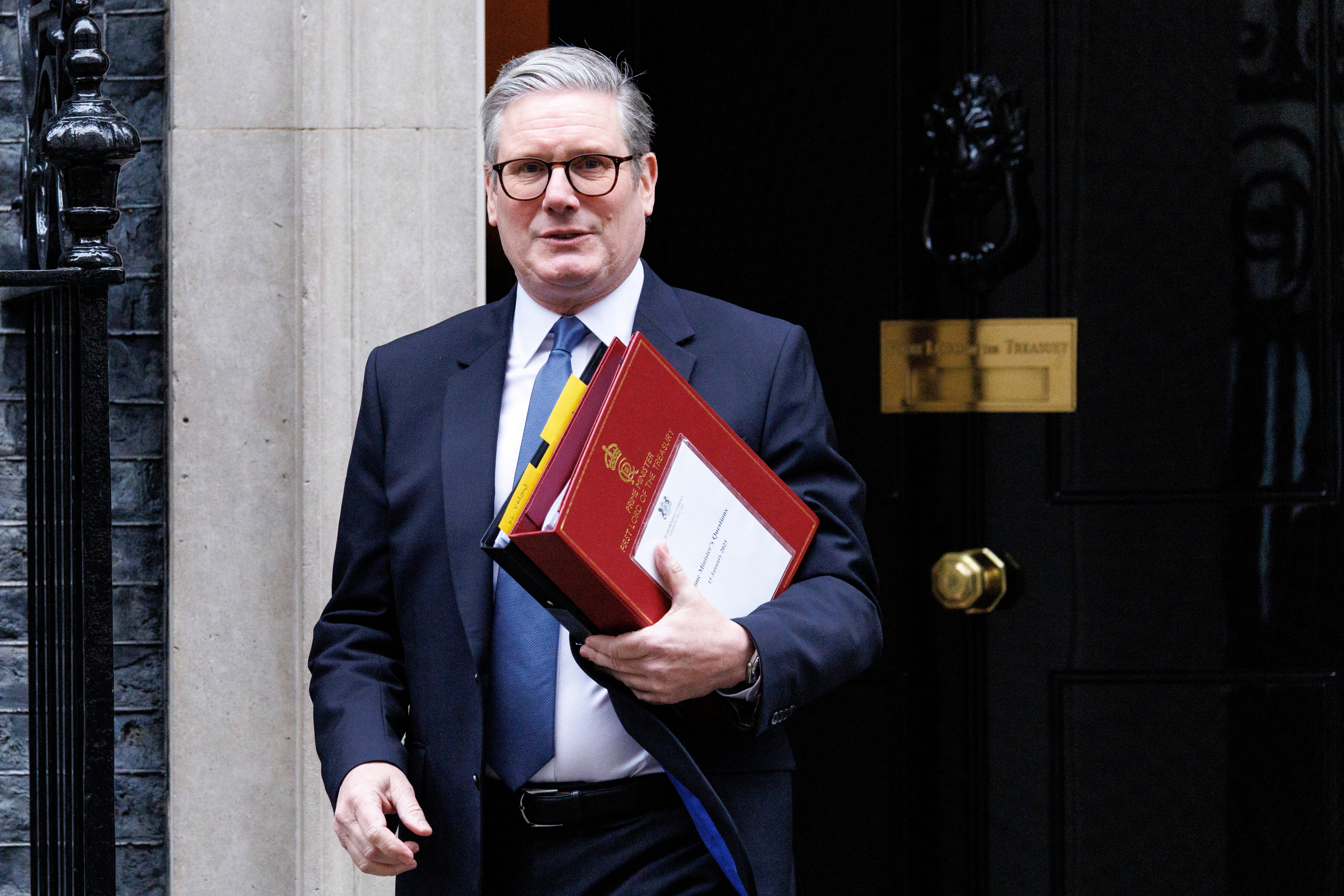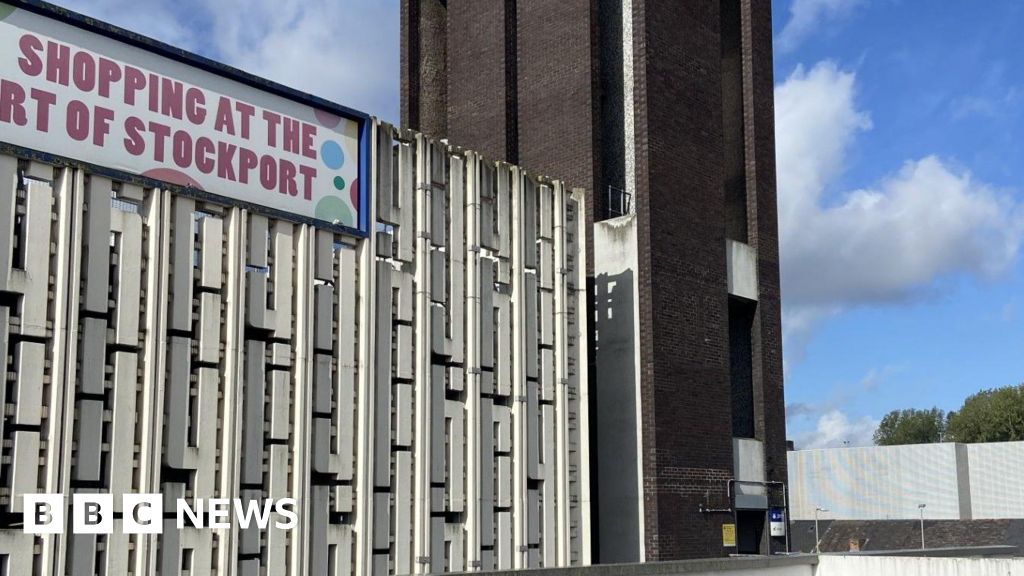In their more optimistic moments, Keir Starmer’s advisers think that the split on the right will give them at least two terms in government.
The Conservatives are ruined and will need longer than four years to restore their reputation. Their failure to control immigration, in particular, guarantees a long spell in the sin bin.
Nigel Farage’s party, on the other hand, cannot go from five seats to winning a majority in one go. Even if it overtakes the Tories, the Tories will continue to have a core vote that will block Farage’s path to power.
That is the optimistic scenario for Labour: that “a scorpion death fight between the Tories and Reform,” as a Downing Street aide put it to The Times on Friday, will allow Starmer to win again with just one-third of the vote or an even lower share.
It would be a mirror image of the 1980s when the opposition to Margaret Thatcher was divided between Labour and the Liberal/SDP Alliance. The Social Democratic Party was, like Reform, a new party, which won a lot of support and at times overtook the two main parties in the opinion polls, and which struggled to break through under the first-past-the-post voting system.
But there is another scenario, the fear of which haunts No 10. It is that Starmer’s opponents unite against Labour – not in an electoral pact between parties, but in an unspoken understanding among voters. The nightmare is that tactical voting, which delivered Starmer’s landslide, could take it away again.
I have changed my mind about this. I thought that Reform voters felt so betrayed by the Tories that they wouldn’t make common cause with them and that Nigel Farage’s views were so unpopular that Reform would be unable to win more than about 25 per cent of the vote.
But I have been looking at some opinion polling that will be published by the Policy Institute at King’s College London next week, and I am not so sure. The poll shines a light on Reform voters only by accident: it was commissioned by Prof Bobby Duffy, director of the Policy Institute, because he was intrigued by old Gallup polls since the start of representative survey work in Britain in 1937. I have been posting some of them on social media, and he wanted to find out how attitudes have changed.

Some of the changes are unexpected. In 1964, people wanted Britain to “try to be a leading world power” rather than to “be more like Sweden and Switzerland”, by a clear margin of 51 per cent to 32 per cent. Today, that preference has been reversed. A majority want to be like Sweden and Switzerland.
Another shift that I found surprising was the rise in the number of people who think “there is a class struggle in this country”, up from half in 1964 to three-quarters today.
All of which is fascinating, but what is relevant to the next election is the analysis of today’s Reform supporters. They tend to be the most neutralist or isolationist in foreign policy (wanting to be like Switzerland) and they are even more likely than Labour voters to believe in the class struggle (82 per cent to 80 per cent).
The reason this could be important is that it suggests that Reform could appeal to disaffected Labour voters. Farage has always insisted that he appeals equally to former Labour and former Tory voters, but it hasn’t been true since the Brexit Party rebranded as Reform four years ago. Starmer’s nightmare is that it could start to become true if his government becomes more and more unpopular.
The other evidence that changed my mind was a Survation poll from last month reported by David Cowling, the former BBC politics guru, which found no significant difference between Labour, Conservatives and Reform in answer to this question: “Regardless of your current voting intention, would you or would you not consider voting for the following parties at the next general election?” About 40 per cent said they would consider voting for any of the three parties; about 50 per cent said they would not (Reform was 39 per cent versus 51 per cent).
That suggests that it is a mistake to think that there is a low ceiling on the potential Reform vote. Farage is not the pariah that some Labour activists fondly imagine him to be.
This means, I think, that the conditions for anti-Labour tactical voting are in place. A Tory-Reform electoral pact is out of the question: as Kemi Badenoch says, Farage is out to destroy the Tory party – why should she do a deal with him? But the voters are capable of working out for themselves how to cast the most effective anti-incumbent vote, as they did when they turfed the Tories out last year.
Add in those voters who will be disillusioned with the Starmer government because they think it is not “liberal-left” enough, who will vote tactically for Lib Dem, Green and pro-Palestinian candidates, and the nightmare is even more likely to become real.
Last time, Starmer was the main winner from tactical voting against an unpopular government in a five-party system. Next time, he may find the voters for all four or four-and-a-half other parties uniting against him.




